1. “Fortunate Son” – Creedence Clearwater Revival
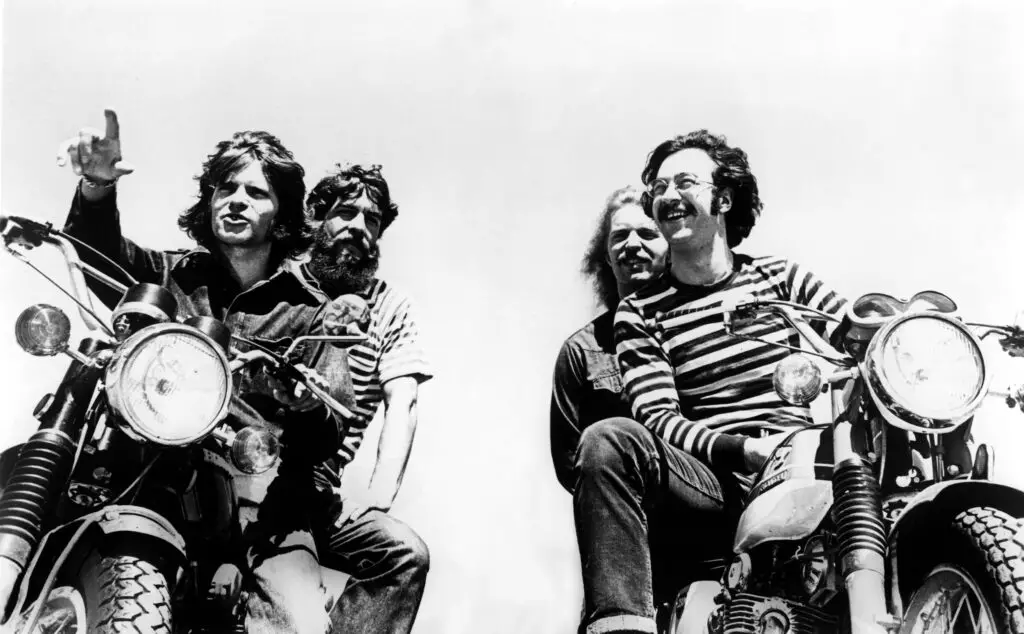
At first listen, “Fortunate Son” sounds like a straightforward rock anthem, but its lyrics carry a biting political message. Released in ’69 during the Vietnam War, the song criticizes how wealthy families often escaped the draft while working-class young men were sent to fight. John Fogerty, who wrote and sang it, wasn’t just making a general statement—he was frustrated with the way privilege shaped life-and-death decisions. The chorus, “It ain’t me, it ain’t me,” is a direct callout to the rich and powerful who avoided the war’s harsh realities shares Yardbarker.
The song resonated with many who felt disillusioned by the government’s handling of the war. Even today, it’s often misunderstood, sometimes played as a generic patriotic tune. But in reality, it’s an anti-war protest song wrapped in a fiery rock-and-roll package. Its defiant lyrics and gritty energy made it an anthem for those who felt left behind by their country’s leadership. More than 50 years later, its message still holds weight, as discussions about inequality and military service continue.
2. “Born in the U.S.A.” – Bruce Springsteen
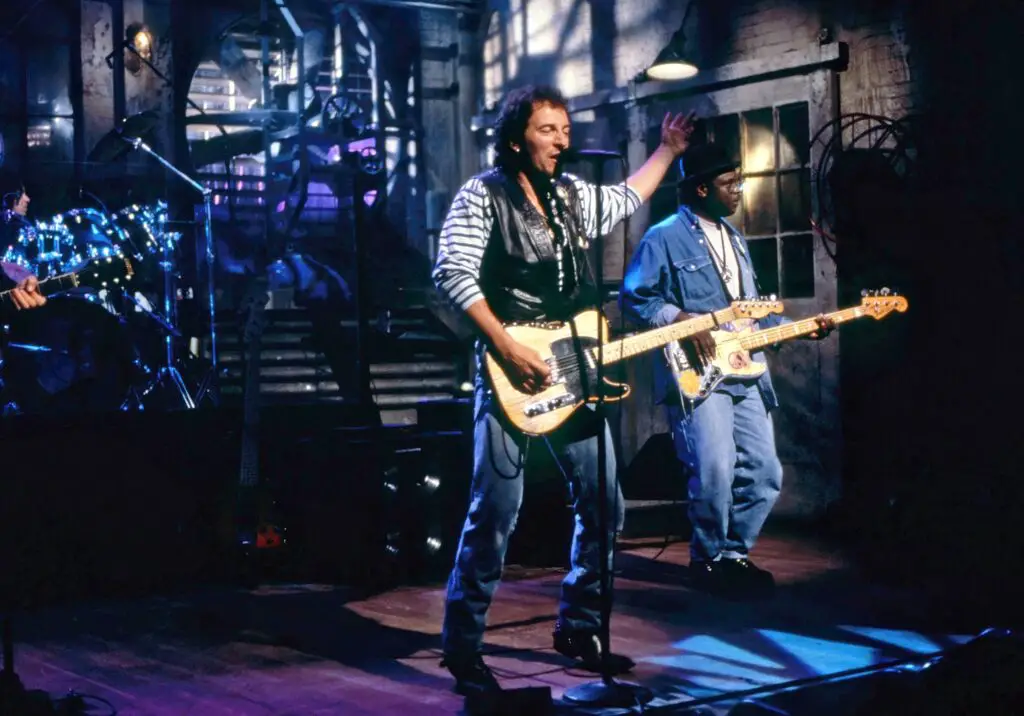
People love blasting “Born in the U.S.A.” at rallies and celebrations, but a lot of folks miss what the song is actually about. Instead of being a straightforward patriotic anthem, it’s a critique of how the U.S. government treated Vietnam veterans after they returned home. Springsteen tells the story of a working-class man who gets drafted, goes to war, and comes back to a country that doesn’t care about him. The upbeat, stadium-ready chorus makes it easy to mistake for a celebration, but the verses paint a much darker picture shares Far Out Magazine.
Springsteen has said he was inspired by real veterans who struggled to find jobs and felt abandoned after their service. The song’s misunderstood legacy has even led politicians to use it at rallies, despite its anti-war and pro-veteran message. It’s a perfect example of how a song’s meaning can be lost when people only hear the chorus. But for those who really listen, “Born in the U.S.A.” is a powerful critique of war’s lasting impact on ordinary Americans.
3. “American Woman” – The Guess Who
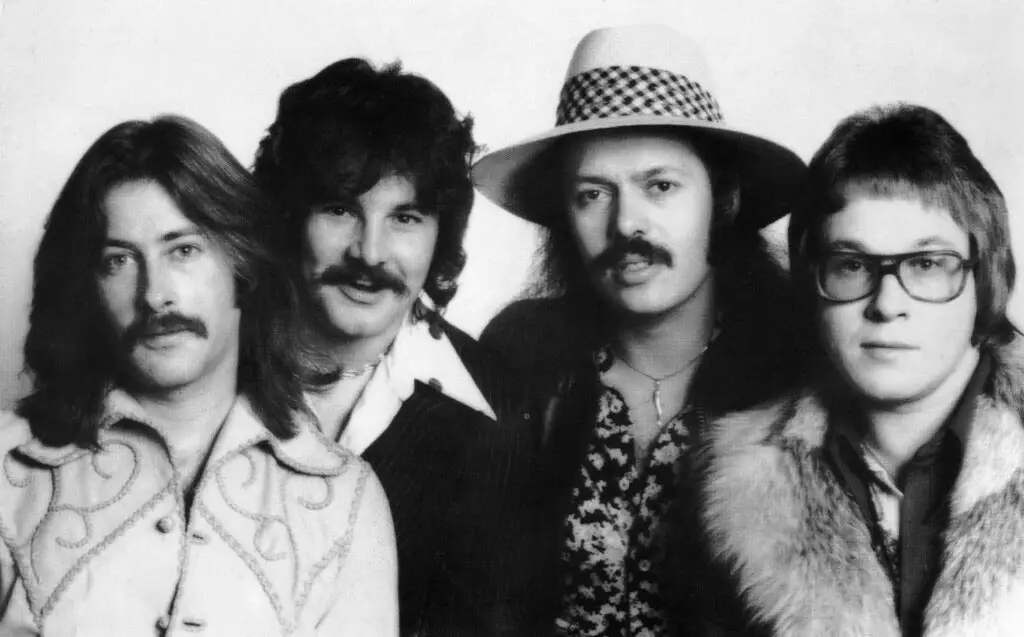
On the surface, “American Woman” might seem like a love song or even a celebration of American culture, but that couldn’t be further from the truth. The Canadian band The Guess Who actually wrote it as a protest against U.S. militarism and politics in the ’60s and ’70s. The lyrics warn against getting too involved with the “American Woman,” which symbolizes the aggressive and imperialistic nature of the United States. The band members have said they were especially frustrated with the Vietnam War and how it affected their neighbors to the south explains Ultimate Classic Rock.
Despite its critical message, the song became a massive hit, and some listeners didn’t pick up on its true meaning. Even First Lady Pat Nixon once requested the band play it at the White House, not realizing it was an anti-American protest song. The Guess Who had to awkwardly comply but kept their performance instrumental to avoid controversy. Over the years, many have come to recognize its political undertones, making it one of the more subtle but effective protest songs of its time.
4. “What’s Going On” – Marvin Gaye

Marvin Gaye’s “What’s Going On” is one of the most famous socially conscious songs ever recorded, but its message was risky for its time. Released in ’71, the song was inspired by stories from Gaye’s brother, who had served in Vietnam, and the growing unrest in the U.S. It touches on war, police brutality, and environmental concerns, all wrapped in Gaye’s smooth, soulful vocals. Motown initially didn’t want to release it because they feared it was too political and would hurt Gaye’s image. But he insisted, and it became one of his biggest hits.
The song’s message was one of unity and compassion, asking why so much conflict existed in the world. “Brother, brother, brother, there’s far too many of you dying” directly addresses the war, while lines about “picket lines and picket signs” reference the civil rights movement. Unlike more aggressive protest songs, Gaye’s approach was gentle but firm, making it even more powerful. Decades later, it still feels just as relevant as when it was first recorded.
5. “Eve of Destruction” – Barry McGuire
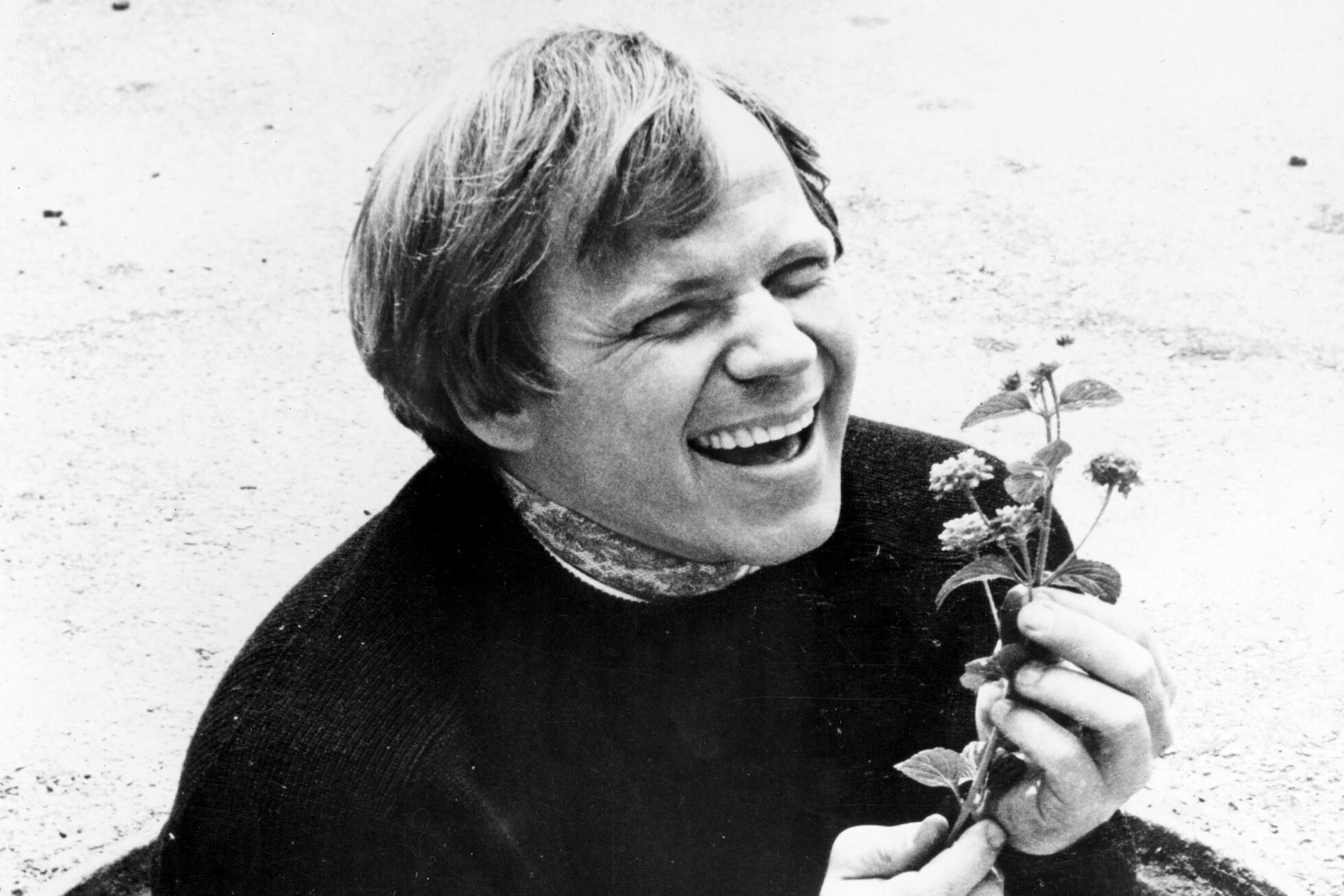
“Eve of Destruction” was one of the most controversial songs of the ’60s, and for good reason. Released in ’65, it bluntly criticized war, racial injustice, and government hypocrisy at a time when such topics were rarely addressed in pop music. Barry McGuire’s raspy voice delivered lyrics that painted a grim picture of a world on the brink of collapse. It specifically called out the Vietnam War, the threat of nuclear destruction, and the failure of politicians to address real problems. Many radio stations even banned it, fearing it was too inflammatory.
Despite the backlash, the song became a hit because it resonated with a generation questioning authority. It was a stark contrast to the more polished, optimistic songs of the time, giving a raw and urgent voice to social concerns. Even today, its themes still feel eerily familiar, as war and political unrest remain part of daily life. It’s a reminder that protest songs don’t always have to be subtle to make an impact.
6. “Big Yellow Taxi” – Joni Mitchell
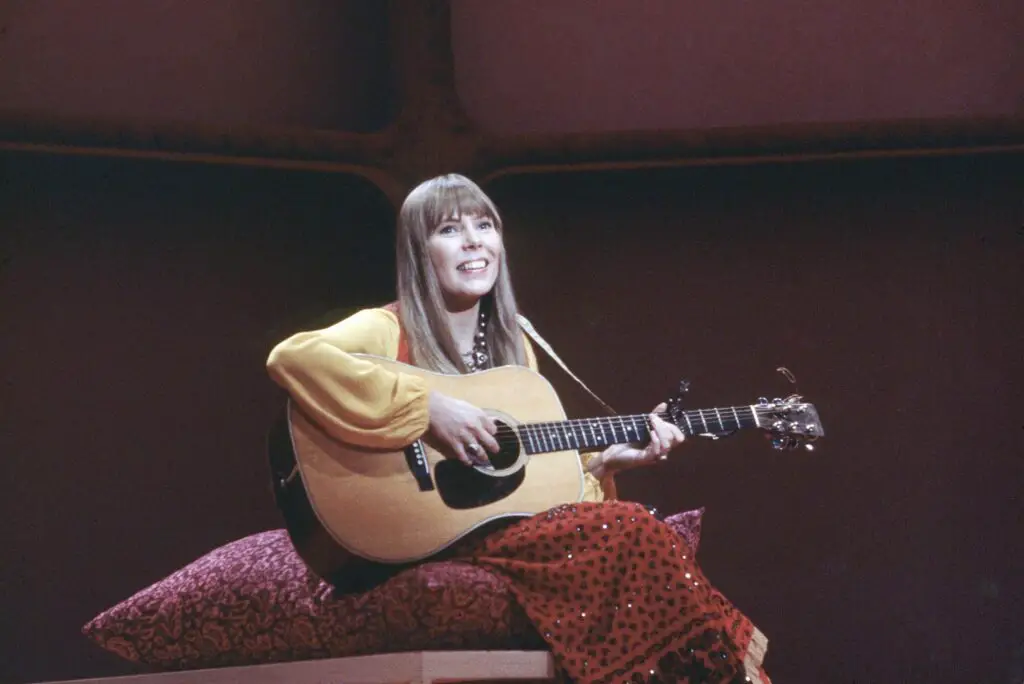
At first glance, “Big Yellow Taxi” sounds like a breezy folk tune, but Joni Mitchell was making a strong statement about environmental destruction. Released in ’70, the song was inspired by her trip to Hawaii, where she was shocked to see natural beauty replaced by parking lots and hotels. The famous line “They paved paradise and put up a parking lot” wasn’t just poetic—it was a direct critique of how modernization was harming the planet. She also touches on pesticide use and disappearing green spaces, making it one of the earliest mainstream environmental protest songs.
Unlike other politically charged songs, “Big Yellow Taxi” delivered its message in an upbeat, almost playful way. This may have helped it reach a wider audience, even among those who weren’t thinking about environmentalism. Over the years, it’s been covered by many artists, proving its lasting influence. Even today, the song’s message still applies, as concerns about climate change and urban expansion continue to grow.
7. “Ohio” – Crosby, Stills, Nash & Young
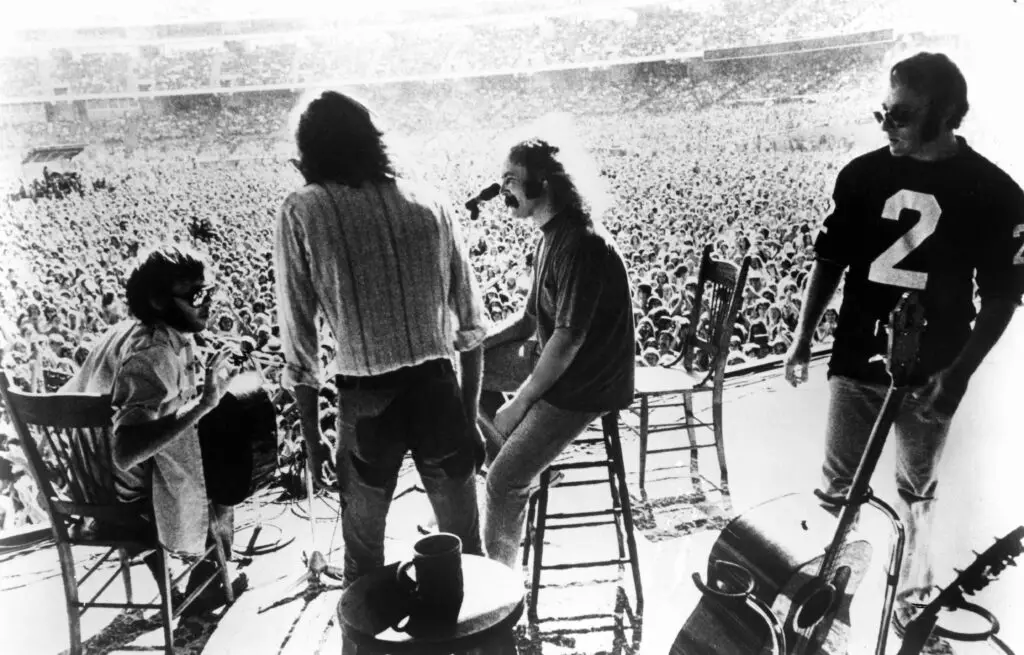
Neil Young wrote “Ohio” in direct response to the Kent State shootings on May 4, ’70, when the National Guard opened fire on students protesting the Vietnam War. The tragedy left four dead and shocked the nation, and Young quickly penned the song after seeing a haunting photo of a victim. The song doesn’t pull any punches, with lyrics like “Tin soldiers and Nixon coming” directly blaming President Nixon’s administration. Crosby, Stills, Nash & Young recorded and released it within weeks, making it one of the fastest musical reactions to a political event.
Radio stations were hesitant to play it due to its sharp criticism of the government, but it still became an anthem of resistance. Many saw it as a wake-up call about the dangers of government overreach and the violent suppression of protest. The song captured the raw anger and grief of the moment, turning it into a rallying cry for those opposed to the war. Even decades later, it remains one of the most powerful protest songs ever written.
8. “Sunday Bloody Sunday” – U2
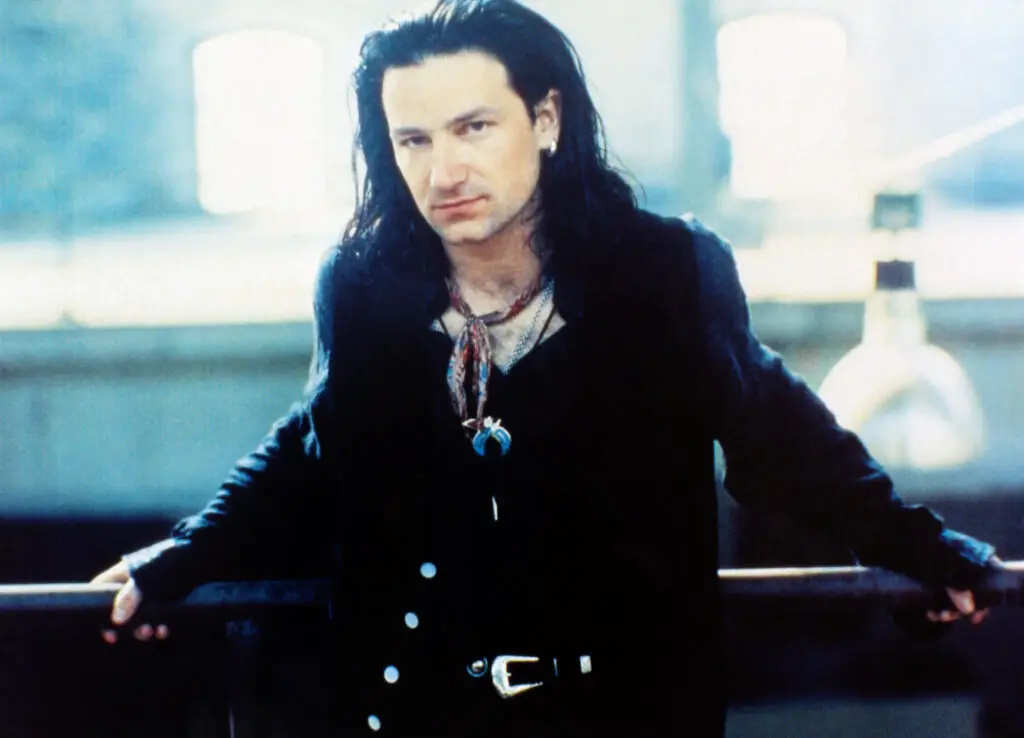
“Sunday Bloody Sunday” is one of U2’s most intense songs, and its lyrics carry a heavy political weight. It was inspired by the 1972 Bloody Sunday massacre in Northern Ireland, where British soldiers shot and killed unarmed protesters. The song’s pounding drums and urgent vocals capture the chaos and pain of the event, while Bono’s lyrics plead for an end to violence. Unlike some political songs, it doesn’t take sides but instead calls for peace and unity.
When the song was released in ’83, many assumed U2 was endorsing the Irish Republican Army (IRA), but the band has always insisted it was an anti-violence statement. In live performances, Bono often emphasized that it wasn’t about glorifying war but mourning its victims. The song’s emotional intensity makes it one of U2’s defining tracks, and its message still resonates in conflicts worldwide. Even today, it serves as a reminder of the lasting wounds of political violence.
9. “We Didn’t Start the Fire” – Billy Joel
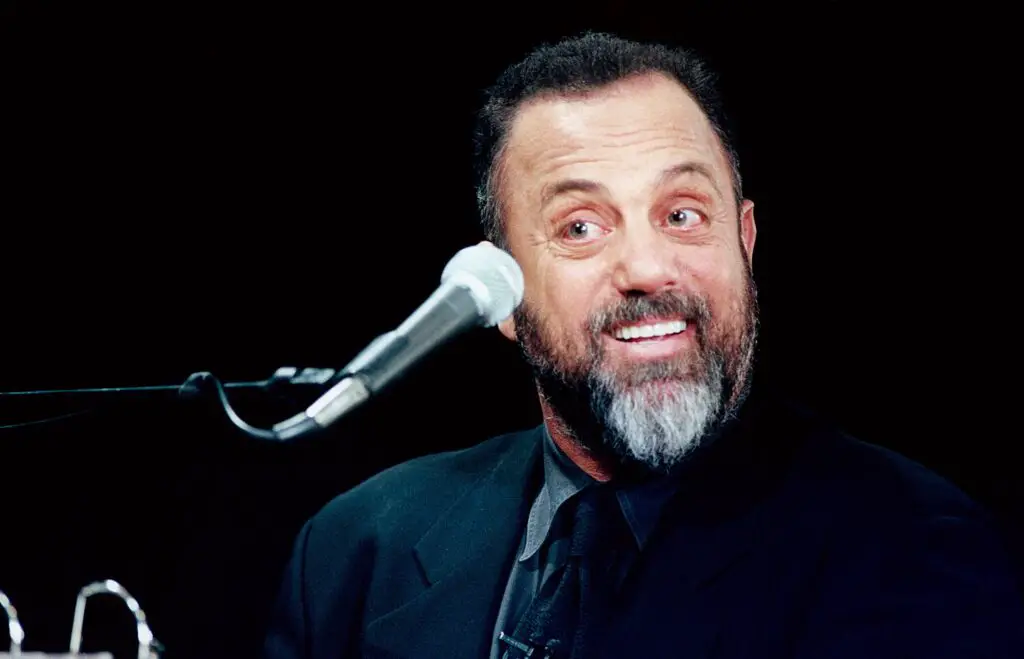
Billy Joel’s rapid-fire history lesson in “We Didn’t Start the Fire” is packed with political undertones. Released in ’89, the song lists major events from the ’40s through the ’80s, showing how history is shaped by political and social upheaval. Joel has said he wrote it as a response to younger generations blaming his for the world’s problems. His message was clear: every era has its crises, and the world’s struggles aren’t new.
While it doesn’t take a specific political stance, the song highlights key moments of war, scandal, and revolution. Mentions of Vietnam, Watergate, and the Cold War make it a reflection of how politics and conflict define each generation. The song remains popular because of its educational value and catchy melody, but its deeper message is about the ongoing cycle of history. It’s a reminder that political turmoil isn’t unique to any one time period.
10. “Fight the Power” – Public Enemy
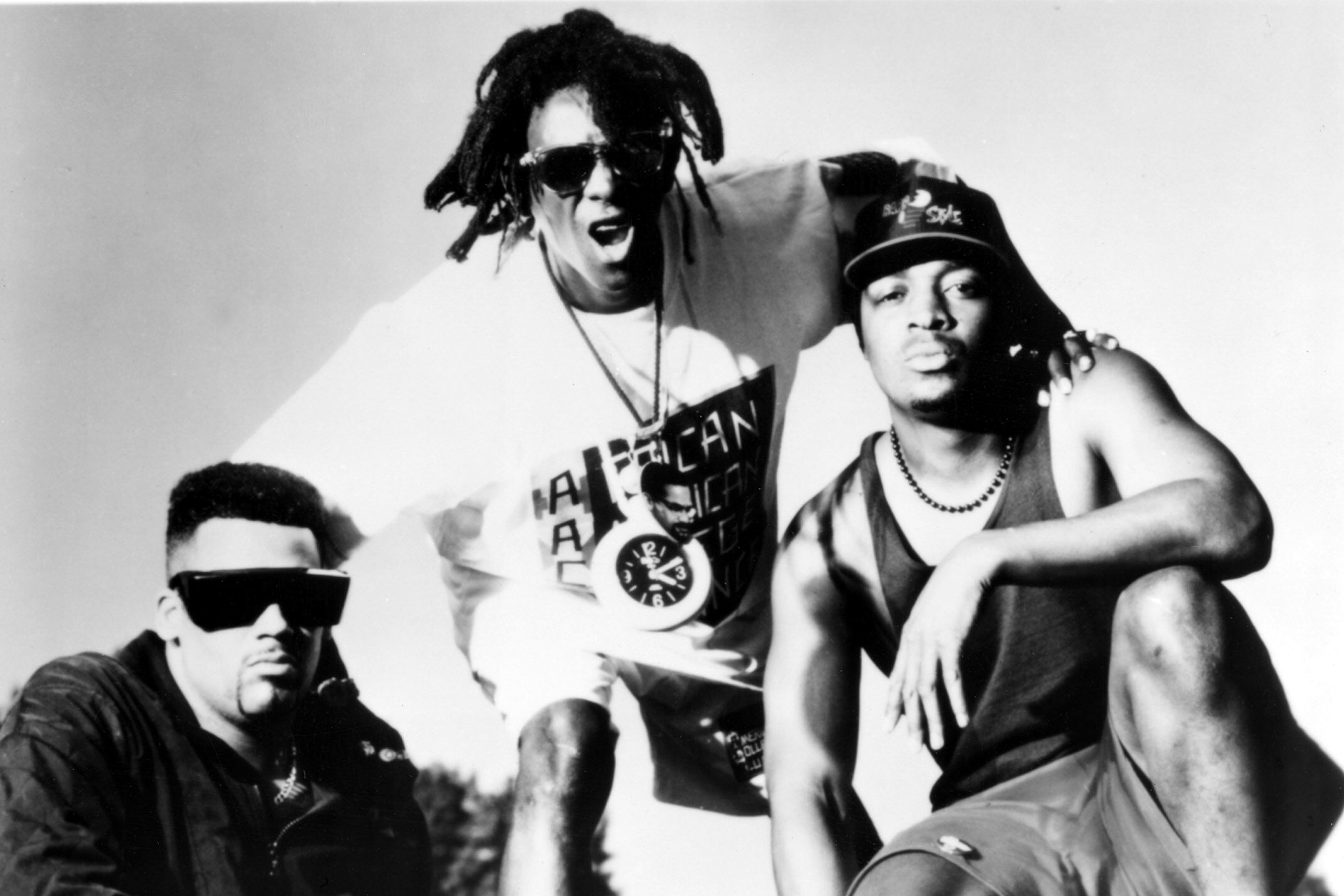
Public Enemy’s “Fight the Power” is one of the most famous protest songs in hip-hop history. Released in ’89, it was written for Do the Right Thing, a film about racial tension and police brutality. Chuck D’s lyrics call out systemic oppression and demand change, making it an anthem for activism. The song specifically names figures like Elvis Presley and John Wayne as symbols of whitewashed history, challenging the way America remembers its past.
It became a rallying cry for those fighting racial injustice, especially in the wake of the Rodney King riots in the early ’90s. The song’s energy and directness made it impossible to ignore, cementing its place in political music history. Even now, it’s often played at protests and remains a powerful statement against inequality. Its influence can still be heard in modern protest music.
11. “Killing in the Name” – Rage Against the Machine
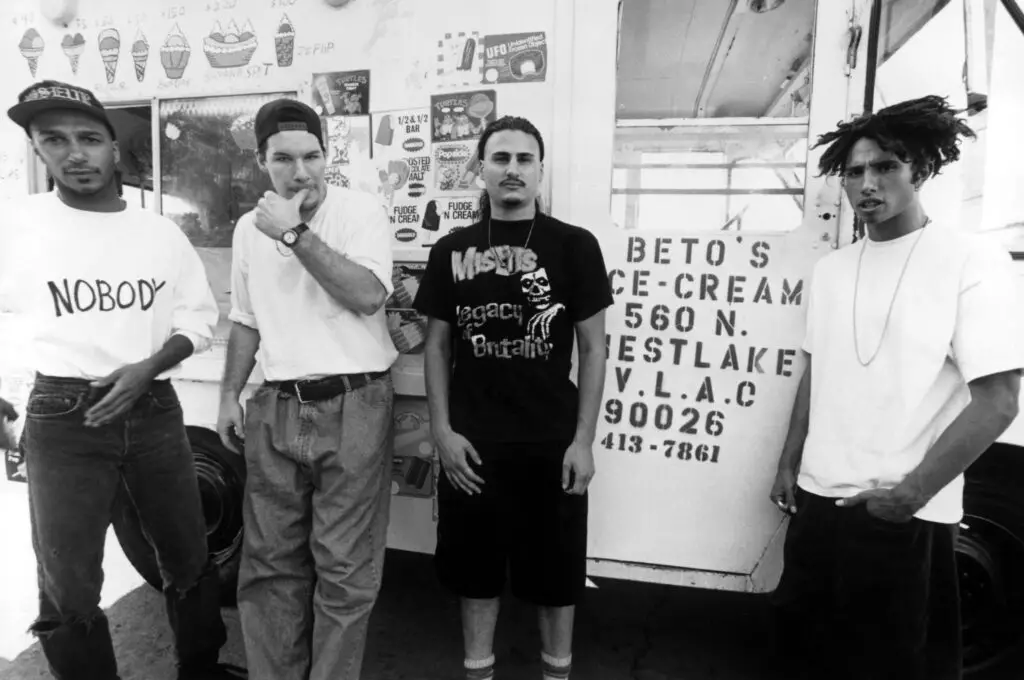
Rage Against the Machine is known for politically charged music, and “Killing in the Name” is one of their most explosive songs. Released in ’92, it directly addresses police brutality and racism, with lyrics inspired by the beating of Rodney King. The band’s aggressive sound and Zack de la Rocha’s fiery delivery make it one of the most confrontational protest songs ever recorded. The repeated line “Some of those that work forces are the same that burn crosses” accuses law enforcement of being complicit in racial violence.
The song became an anthem for those frustrated with injustice, especially in the wake of police brutality cases. It’s often played at protests and rallies, its anger matching the feelings of those demanding change. Even decades after its release, its message is still sadly relevant. Rage Against the Machine’s willingness to address these issues head-on has made them one of the most respected political bands of all time.
12. “This Land Is Your Land” – Woody Guthrie
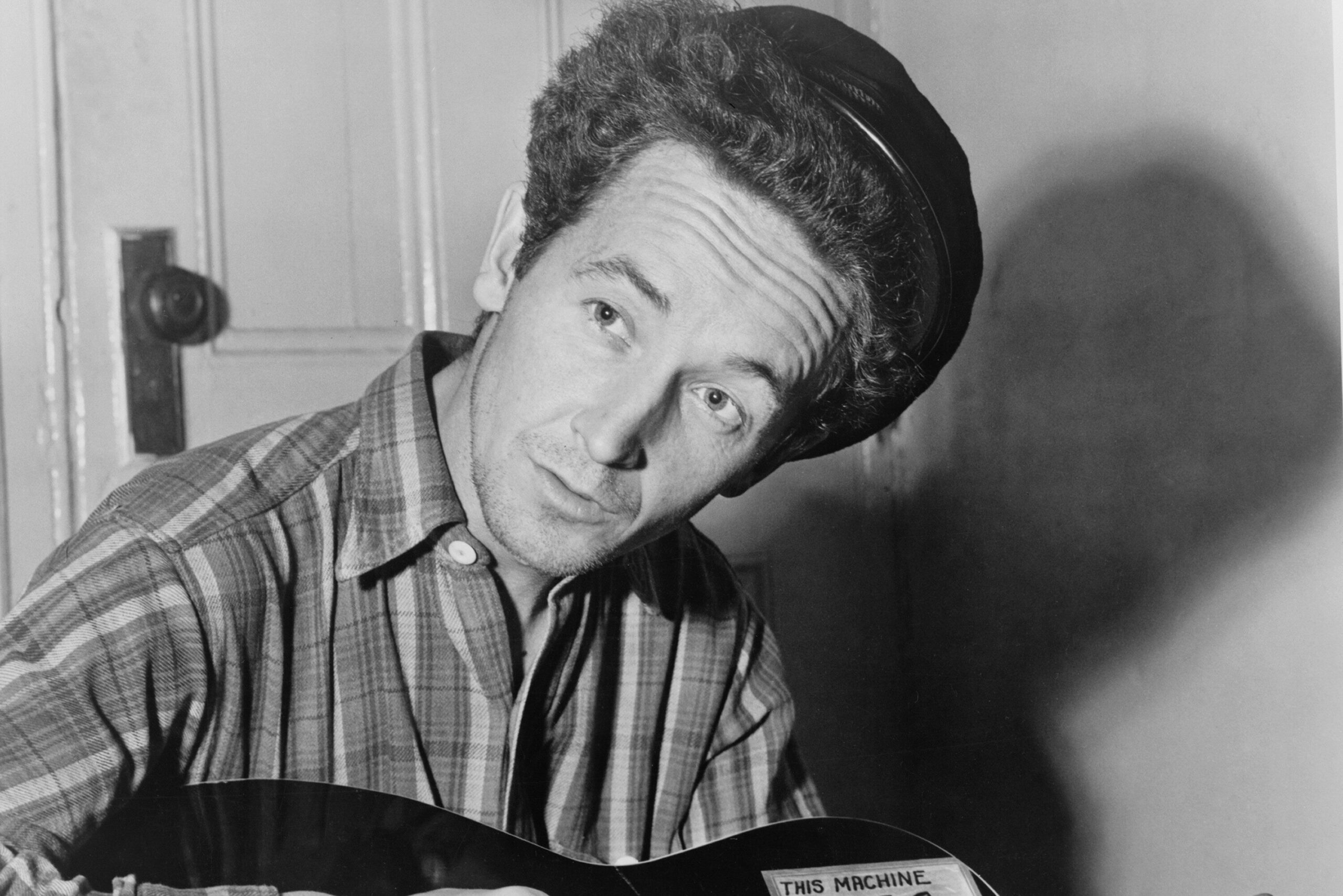
Most people think of “This Land Is Your Land” as a simple patriotic song, but its original version was much more political. Woody Guthrie wrote it in ’40 as a response to “God Bless America,” which he felt ignored the struggles of ordinary Americans. The song’s later verses, which were often removed from schoolbook versions, talk about inequality and the idea that America wasn’t truly free for everyone. One verse even questions why some people have so much while others have nothing.
Guthrie was a folk musician and activist who believed in using music to speak for the working class. Over time, the song has been embraced by many different political movements, from civil rights to workers’ rights. While it’s often sung as a feel-good anthem, those who dig deeper into its lyrics find a call for fairness and justice. It’s a reminder that even the most familiar songs can carry a hidden political message.
